In the world of sports science, we are always trying to place participants in as realistic an environment as possible, making data collection methods smaller, lighter and less obstructive. This is no different for my PhD study; I am looking at the effect of fast bowling technique on lower back pain in cricket. Current research has focussed a great deal of variables such as ground reaction force and how they contribute to fast bowling injury. However, the nature of the equipment has restricted these studies to lab environments. One of my aims was to develop a portable data collection method, to allow a more realistic bowling environment. The answer to this problem came in the form of accelerometers. This method has enabled me to address questions which have previously been difficult to answer, such as; how does playing surface affect force experienced during fast bowling?
The seasonal nature of cricket means that a lot of players must bowl indoors during the winter. Whether bowling on different surfaces has an impact on the bowler’s technique or the magnitude of force they are exposed to during bowling has not been tested previously. My study investigated these questions comparing bowling on a grass wicket, indoor rubber composite surface known as ‘uniturf’, outdoor artificial wicket and standard wooden sports hall floor.
With the grass and uniturf surfaces used most regularly in professional cricket, differences between these two surfaces are of most use to coaches and medical teams. These results were intriguing; even though (according to baseline surface firmness testing), the uniturf surface was firmer than the grass wicket, no difference in tibial acceleration was observed when bowling. This may suggest the bowlers subconsciously adjust their technique in order to avoid exposure to higher magnitudes of force. Although, such suggestions have been made within running literature, this is a novel finding within fast bowling.
It is commonly reported that change in technique or impact characteristics such as surface or footwear increases risk of injury. The findings of this study highlights that such technique modifications may exist and may aid coaches in addressing this issue if these technique modifications can be investigated further. As a result, I submitted my findings to the International Society of Biomechanics with the aim of presenting both the novel methodology and it’s results. I was lucky enough to have been accepted to present these orally at the International Society of Biomechanics Conference in Glasgow. I have been very fortunate to gain the support of the university in this venture and they have very kindly agreed to fund costs associated with attending this conference. I am immensely grateful for this opportunity and am excited to share my work with the wider community of biomechanists – thank you to Bournemouth University for your continued support
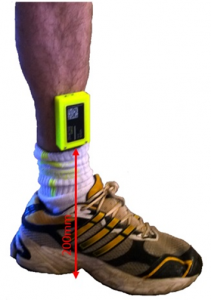
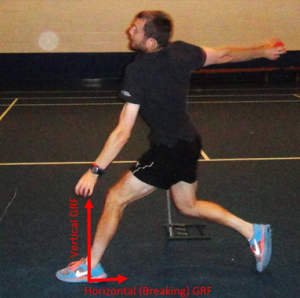
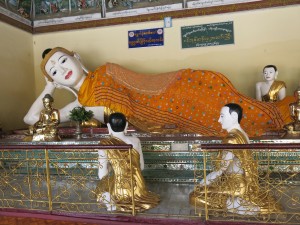
 The project which has received Fusion Funding from BU aims to:
The project which has received Fusion Funding from BU aims to:
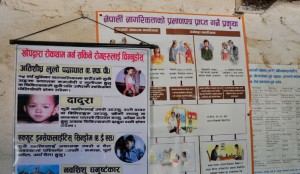
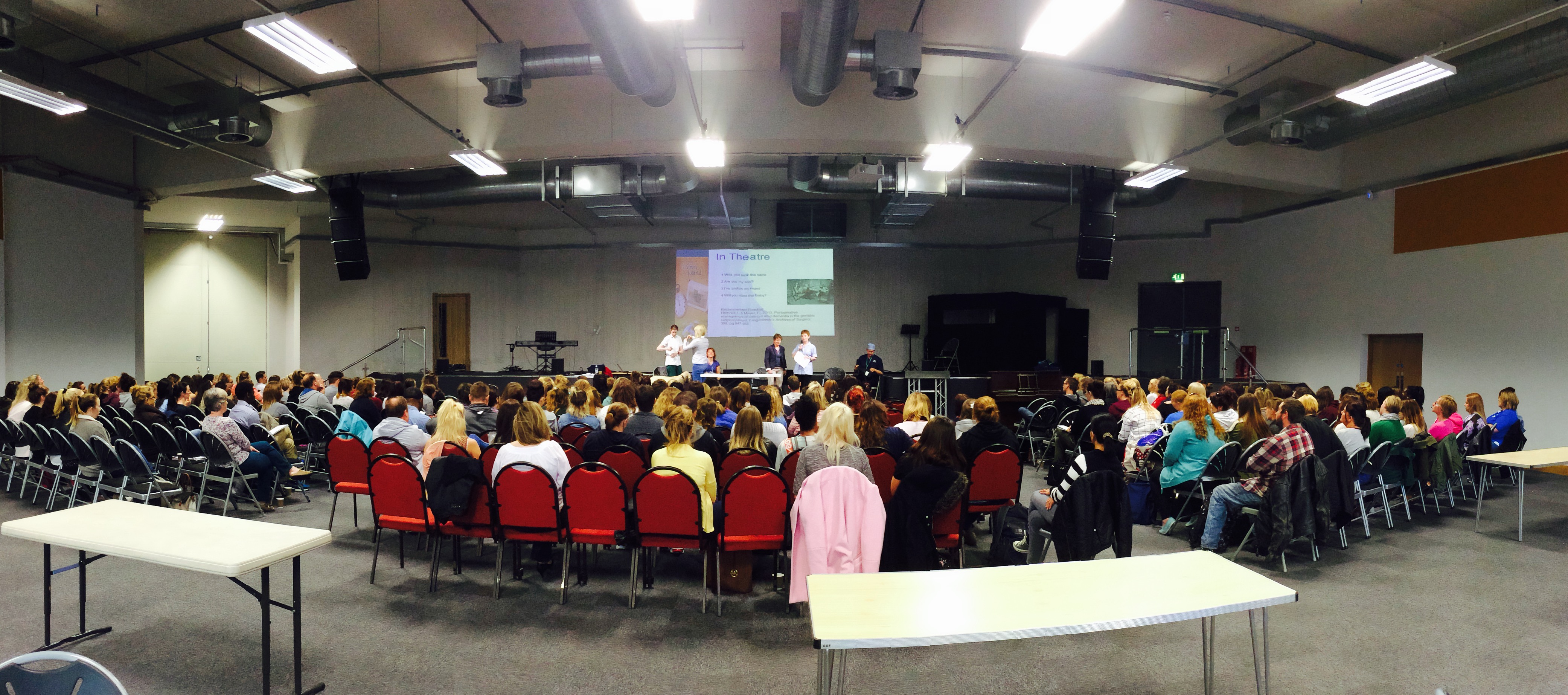

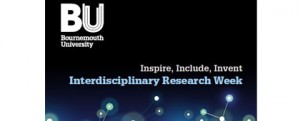



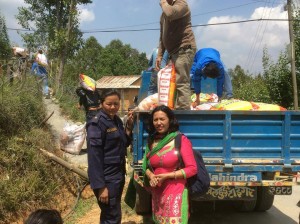
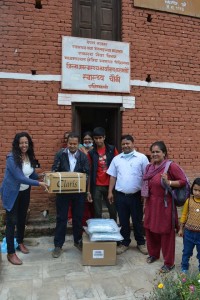
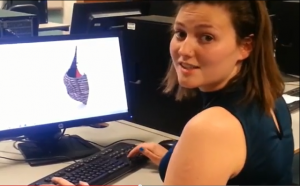
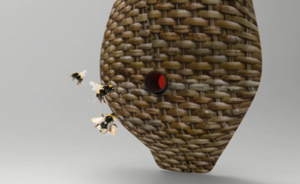
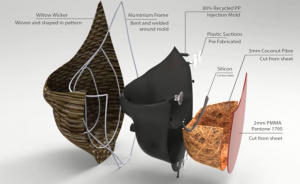


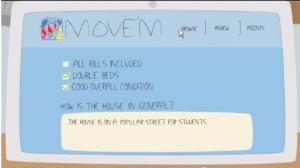

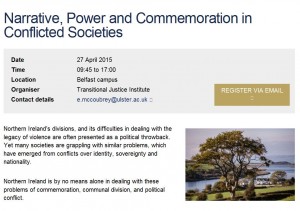
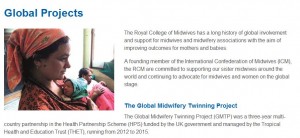











 Conversation article: London Marathon – how visually impaired people run
Conversation article: London Marathon – how visually impaired people run ESRC Festival of Social Science 2024 Open Call – Deadline for Applications Thursday 16 May
ESRC Festival of Social Science 2024 Open Call – Deadline for Applications Thursday 16 May Horizon Europe News – December 2023
Horizon Europe News – December 2023